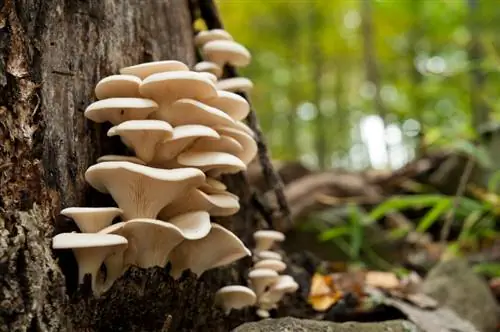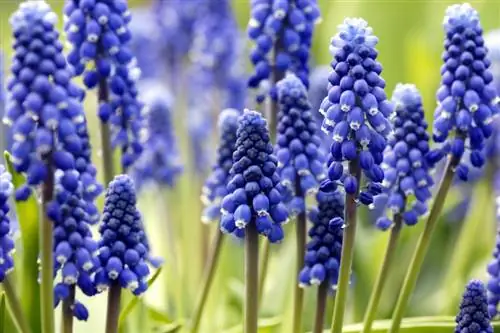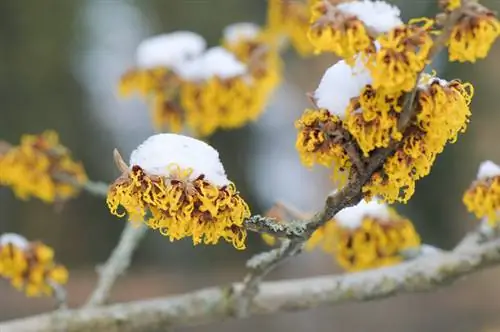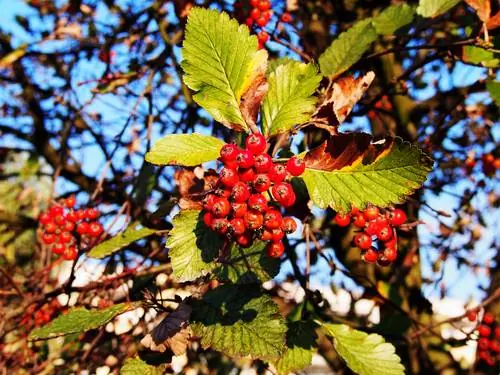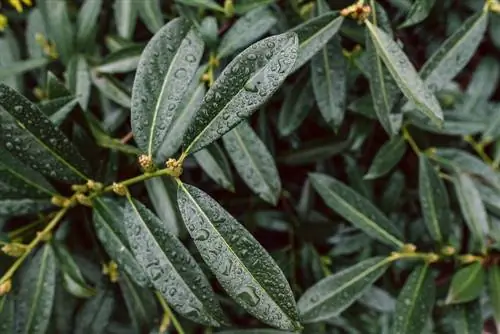- Author admin leonars@hobbygardeners.com.
- Public 2023-12-16 16:46.
- Last modified 2025-01-23 11:20.
Yarrow (Achillea millefolium) is, according to botany, a so-called cosmopolitan, as the very adaptable plant with its many subspecies is found almost all over the globe. Since yarrow is not only perennial but also easily hardy, it is very popular with many perennial gardeners.

Is yarrow hardy and how do you care for it in winter?
Yarrow (Achillea millefolium) is hardy, perennial and adaptable. It prefers sunny locations and well-drained soil. In winter it should be watered sparingly and only fertilized minimally. Dried flowers and leaves can be used as winter remedies.
Prepare the yarrow perfectly for the winter
Yarrow appreciates locations with lots of sun and moist but well-drained soil. When it comes to pH, yarrows are relatively tolerant. While many gardeners cut the yarrow back to a height of around 10 centimeters before winter, others leave the dried yarrow inflorescences in the perennial bed over the winter as a natural decoration. As long as the plant material is dry and not susceptible to rot, the yarrows can only be cut when new growth appears in spring. In winter months with clear frosts, you should water sparingly from time to time on frost-free days so that the roots of the yarrow in the ground do not dry out too much.
Fertilize sparingly before and after winter
In general, the yarrow, as a frugal plant, hardly needs any additional fertilizer if it has an average nutrient-rich plant substrate available. In autumn and spring you can improve the soil in the perennial bed with a sparing addition of seasoned compost. If yarrow is fertilized too intensively, the plant stems tend to grow very elongated. This makes the plants less stable and susceptible to twisting in strong gusts of wind.
Drying yarrow supplies for the winter
You can enjoy the he althy effects of edible yarrow in summer by boiling fresh shoot tips or squeezing out the juice. But you don't have to go without it in winter if you build up a winter supply in time in the form of dried flowers, leaves or alcohol-based tinctures. The traditional medicinal plant helps, for example, with the following complaints:
- Digestive problems
- irregular menstrual cycle
- Nosebleed
Use teas and tinctures sparingly, as increased consumption can cause skin irritation.
Tip
The umbel-like inflorescences of the yarrow are false umbels, as the plant actually belongs to the daisy family. Therefore, be careful when planting and consuming if you are allergic to daisy plants.


